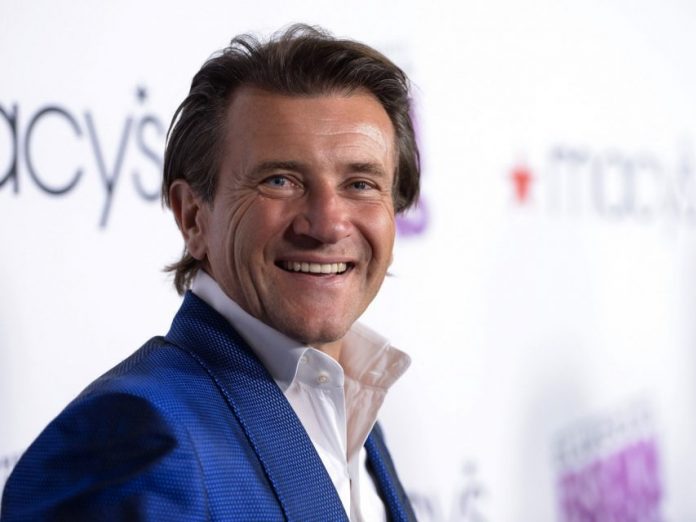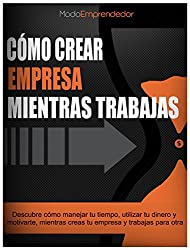
While Robert Herjavec may be best known as one of the sharks on the show “Shark Tank,” he is first and foremost an entrepreneur.
“When I was younger, I didn’t know that people could start a business, and I always say that if I knew what I know now, I would have dreamed of something bigger,” says Herjavec, CEO of information technology company, the Herjavec Group, your most recent company. “I don’t have an MBA or a business degree, and I wasn’t very good at accounting. I remember when I wanted to start a business, everyone told me, “you can’t do it.” Fundamentally, I owe my success in business to the fact that I truly love what I do.”
That passion helped Herjavec lead two multi-billion dollar technology companies. The Herjavec Group has grown from three employees and $400,000 in sales a year to nearly 200 employees and $125 million in sales in just nine years.
“I’m not even a first-generation immigrant, I’m a guy off the boat,” says Herjavec, who was born in Zbjeg, Croatia. “My father escaped from jail in a communist country and he grabbed me and my mother and we came to Halifax when he was 8 years old. We landed with literally a suitcase. My mother remembered that she knew someone in Toronto, we took a train there, and we lived in a basement for 18 months. It all started from there.”
The transition proved difficult for Herjavec, who found motivation in the struggle to adjust to a new country as a child. Herjavec also had a hard time coping with the new way of life in North America, where he first experienced a difference in economic classes.
“It was really interesting because, where I come from, we lived on a farm and everyone lived like us,” says Herjavec. “So, we came to North America and it was my first impression of not being well. I realized that compared to everyone else, we were really poor.”
To earn a living, Herjavec began working as a newspaper delivery boy and waiter in the early 1990s. Not only did it help pay his bills, those experiences were crucial to Herjavec later in his business career.
“The most important relationship in business is the one between you and your customers. All my experience is related to clients. When I delivered newspapers, I used to have to collect the money,” says Herjavec. “When I was a waiter, it was all about maximizing a tip and ensuring sufficient turnover. All of these jobs were always engaging in different ways with clients.”
At the time, Herjavec got his start at a startup tech company, after he was able to convince the founder to let him work for free. Herjavec turned that experience into the foundation of his first technology company called BRAK Systems, which he later sold to AT&T. The company is currently valued at $100 million. From there, Herjavec helped negotiate the sale of another IT company to Nokia for $225 million. Soon after he retired.
“The reason I started The Herjavec Group was because I was home for three years,” says Herjavec. “I was a stay-at-home parent because my kids were there, but they entered school. I turned 40, my wife stopped working and I told her, “I have to get out of the house”. That was it. The idea of retiring was wonderful for a year, but after three years, I felt that I was too young to stay in retirement.”
After starting the Herjavec Group, Robert’s business savvy led him to television, where he starred in the hit Canadian show “Dragons’ Den”. In time, Herjavec joined the US version of the show, “Shark Tank.”
What can we learn from Robert Herjavec?
While Herjavec has achieved a level of success most people dream of, he credits his passion for business as the reason for his success.
“The best advice I would give anyone is to never start a business that you are not incredibly passionate about and deeply passionate about,” Herjavec said. “It is hell, and you will spend more hours with your business than with your family and friends. You will have horrible days that make you want to give up and question everything you have learned. On that journey, if you don’t love what you do, there’s no way you can survive.”
“The biggest mistake I see people make is that they start a business to make money. The problem is that on those cold days, money doesn’t keep you warm at night. For me, it’s impossible to sustain the effort required to start a great business because you want to make more money.”
In addition to passion, Herjavec also believes that those looking to start a business should be as comfortable with failure as they are with success.
“People ask me if there is a characteristic or quality to entrepreneurs, are they born or made? The one characteristic that I find in most people who start a business is that they feel comfortable and adaptable to change. I always say that my greatest ability is that if you throw me in the middle of the forest, I will discover the game.
While adaptability can be a crucial factor in the success of a business, Herjavec also attributes his success to being able to work in a field in which he is highly knowledgeable.
“Another thing I notice is that a lot of entrepreneurs make the mistake of changing fields all the time and starting businesses where their knowledge level is not very high,” says Herjavec. “I always tell my kids to become an expert in something so they can walk into a room and have people pay them for their knowledge.”
And remember, if you are really interested in creating your own business, you can purchase our book “How to create a company while working: Discover how to manage your time, manage your money and motivate yourself while creating a company and working for another” , where you will find all the information you need to found your own company, without having to leave your job.

Font

